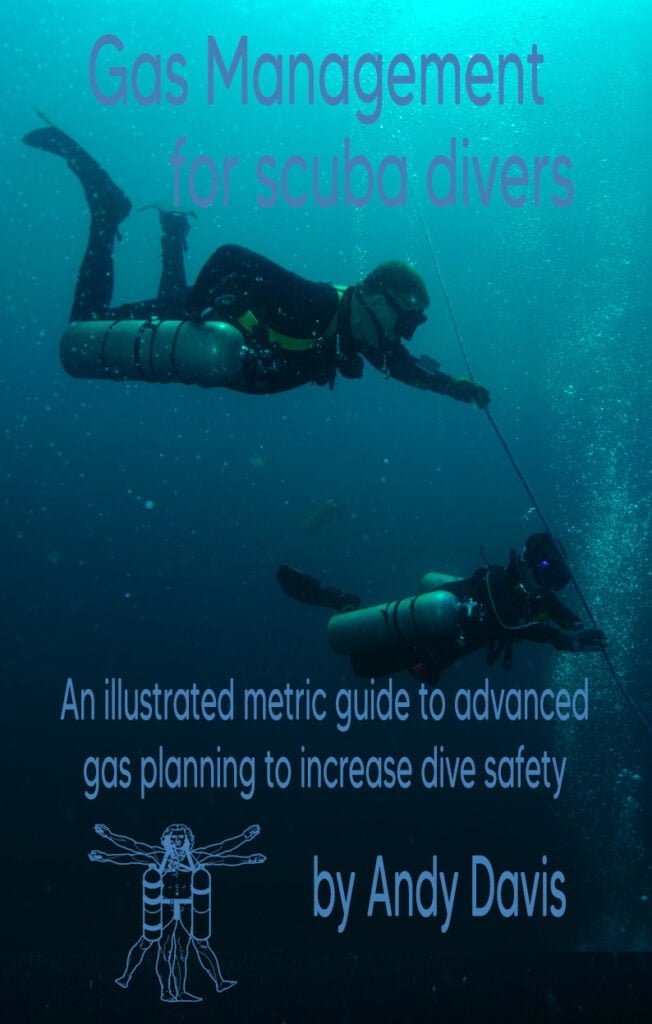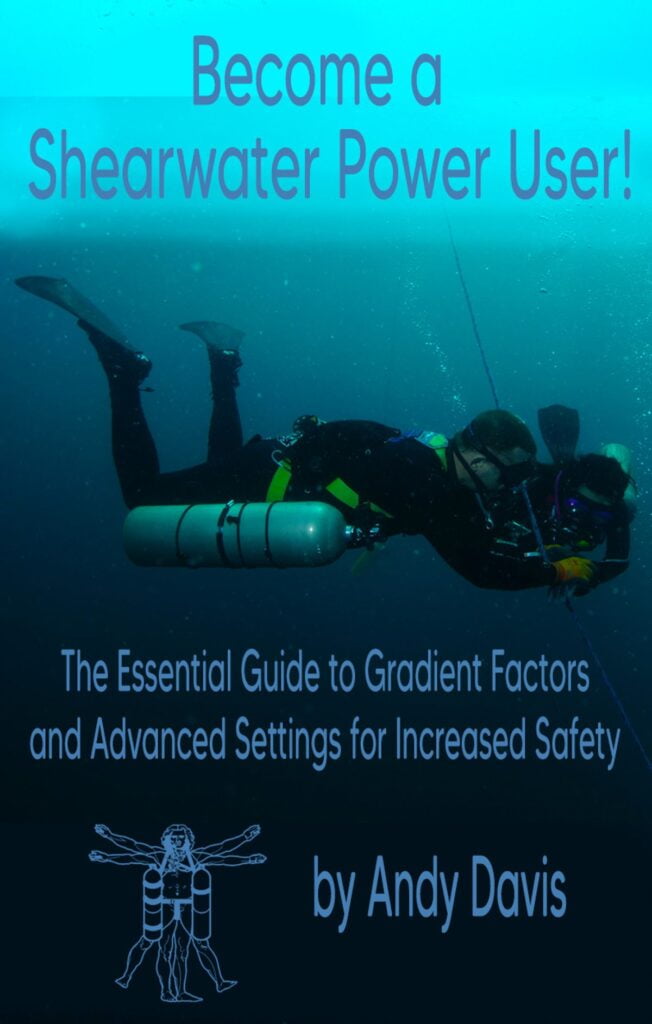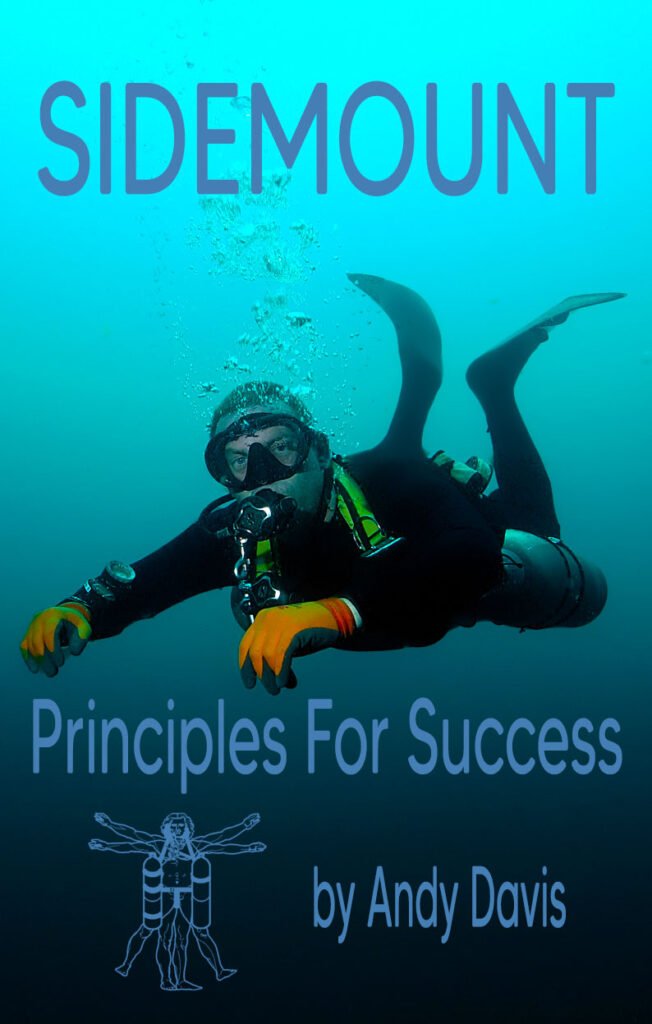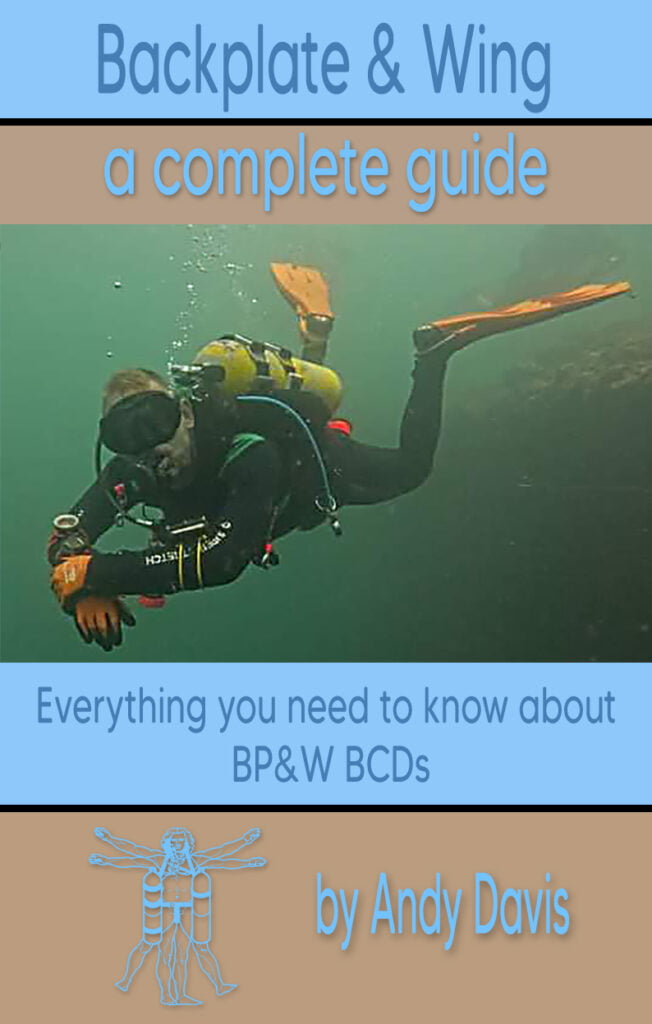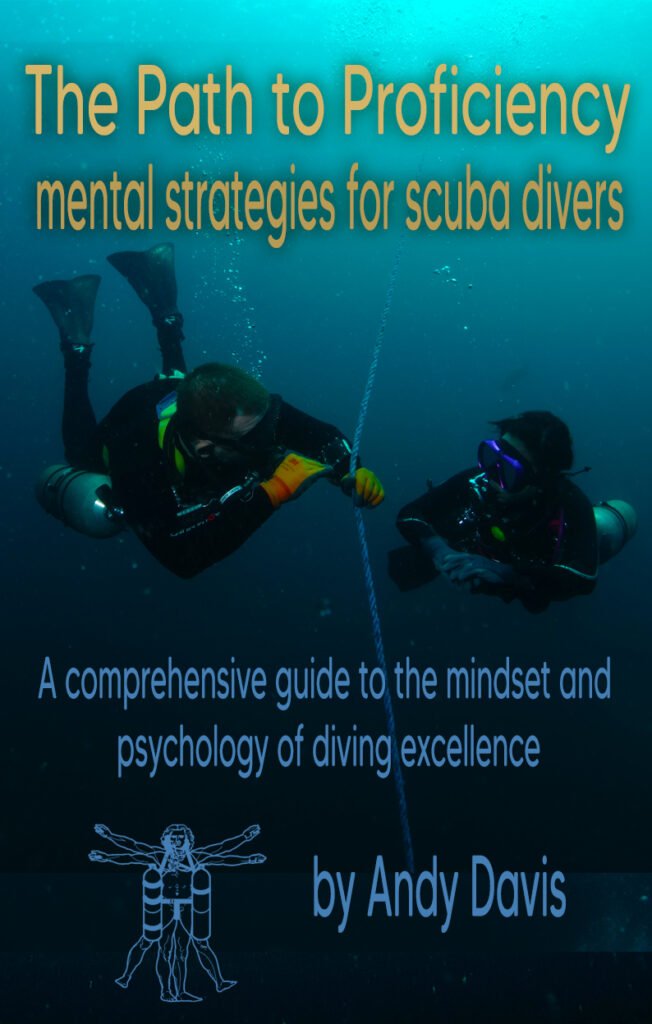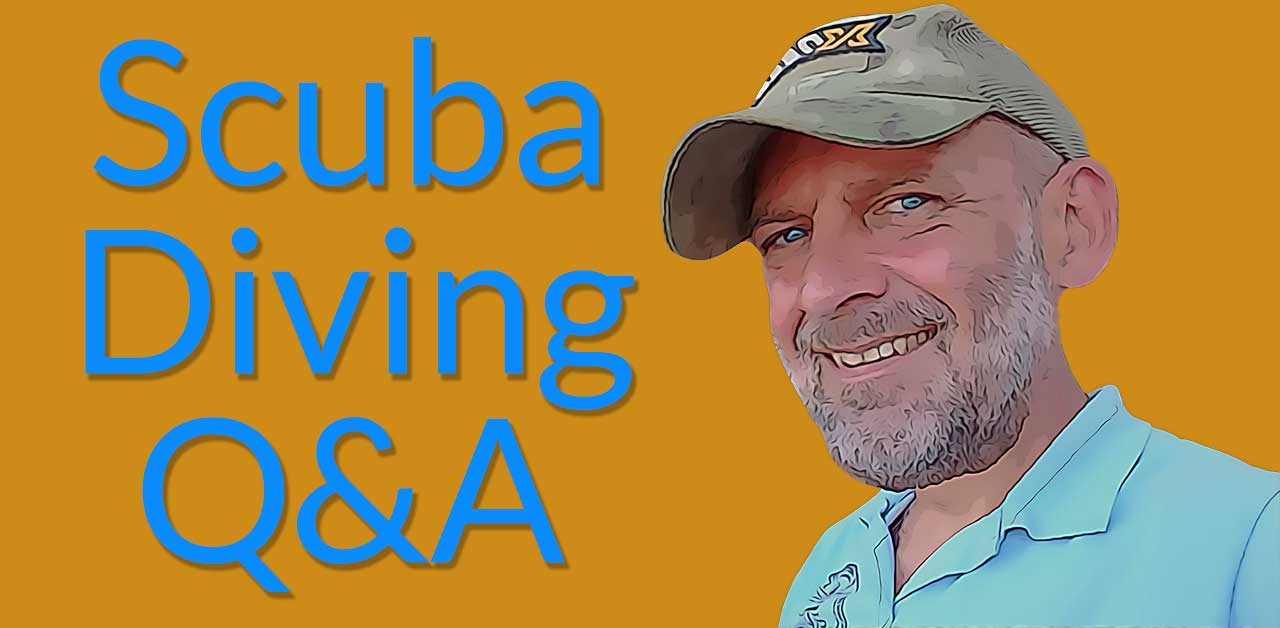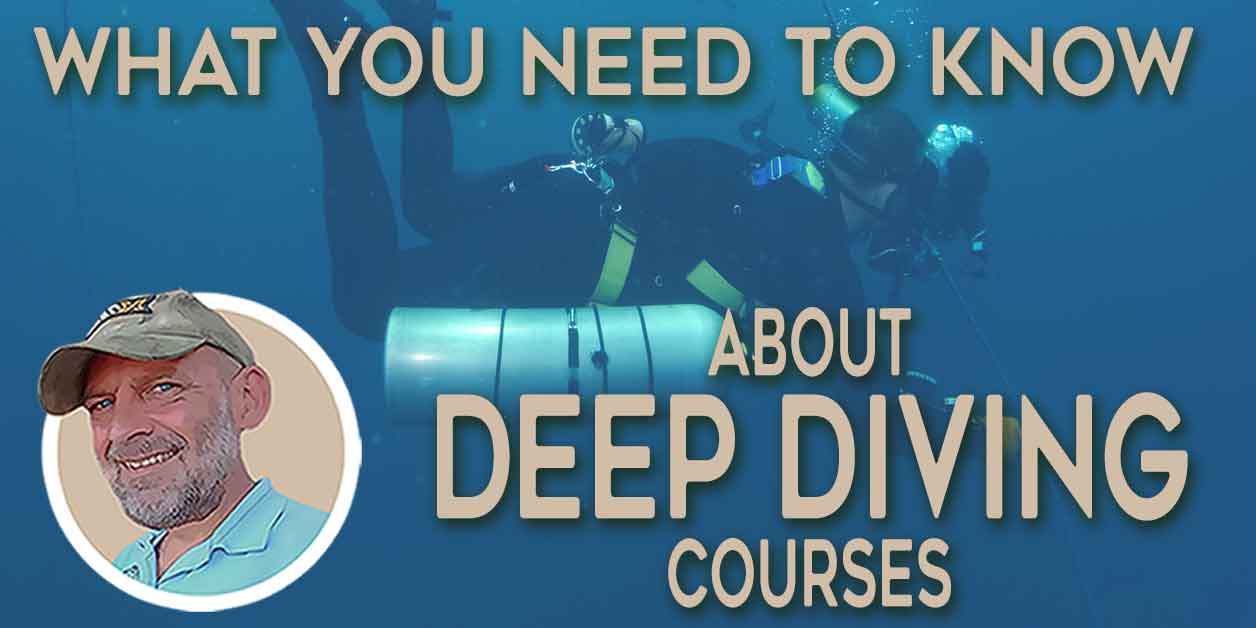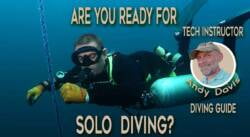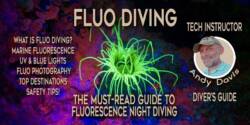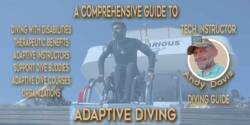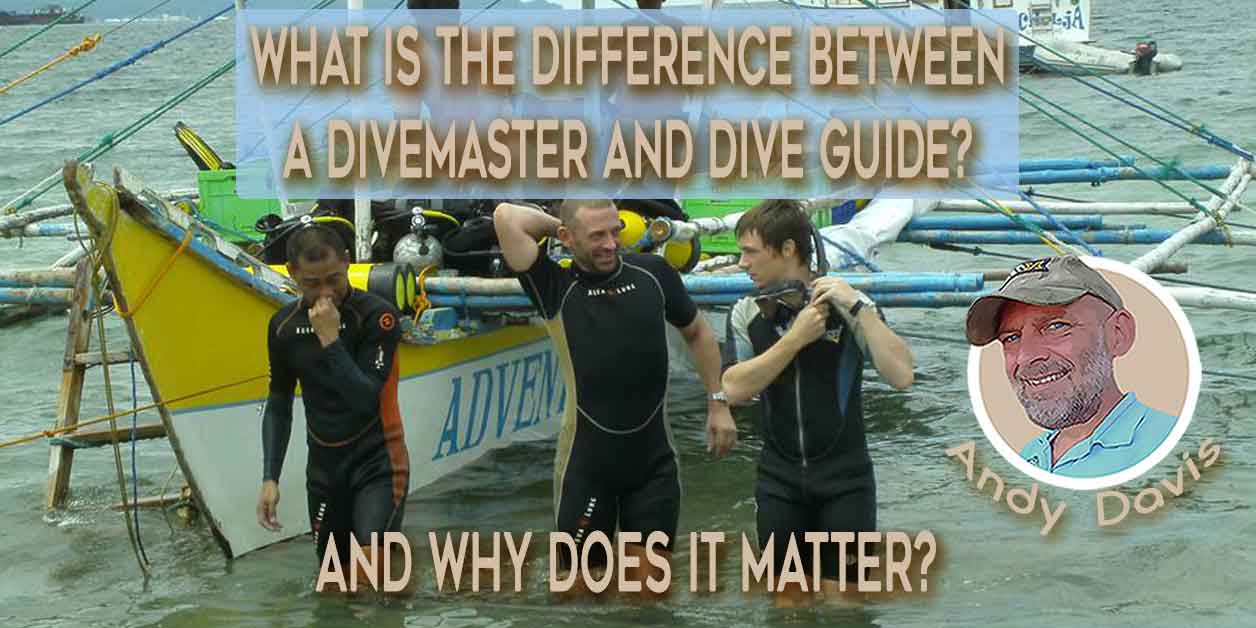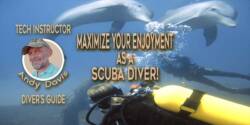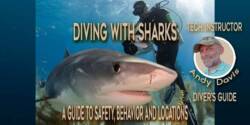Why Do More Diving Courses After Open Water Diver Certification?
Scuba diving is enormous fun. However, many scuba divers question the value of doing more courses after their open water diver certification. Talking with divers, I see a lot of skepticism about continuing education. A common question asked is “Why do more diving courses after Open Water Diver certification?“.
Beginner divers often question the value of doing more diving courses. Many intermediate and advanced divers will admit having wasted money on useless courses. Sometimes, divers are skeptical of continuing diving education. As such, they see it as a lucrative ploy by dive training agencies to increase profits. Consequently, many diver only do courses that give them a license; such as AOW and Deep, for increased depth; or Nitrox to allow a better gas choice.
This skeptiscm is the ‘Putting Another Dollar In‘ mentality.
The role of the instructor in creating a great scuba diving course
There is an intrinsic link between diving course value and dive instructor. The dive instructor’s knowledge, proficiency, motivation, and teaching skill define how good a diving course will be. Importantly, it determines whether any course is enjoyable and beneficial for the diver. Underwater basket weaving is a laughable example, but in all honesty, a great instructor is still going to make that into a great course. Every diving course you do should improve your performance as a diver.
Every scuba diving course should:
- Develop core diving skills. These include;
- Buoyancy control
- Horizontal trim
- Propulsion and maneouvering
- Gas management
- Equipment familiarity
- Situational awareness
- Team diving
- Be flexible enough to identify and rectify skill deficits.
- Improve a diver’s overall proficiency, including;
- Situational awareness
- Task loading
- Stress management
- Increase comfort zone
- Reducing air consumption
How a student helps create a great scuba diving course
The student’s motivation is a major contributing factor towards creating a productive scuba diving course.
Searching for diving courses with a negative mindset tends to create failure. For that reason, avoid thinking of training as a ‘necessary expense’ to get a license. What you look for tends to be what you get. Furthermore, don’t be a card collector. Instead, focus upon the developmental value of training.
As the saying goes; ‘you can lead a horse to water, but you cannot make them drink‘.
To get the best out of any progressive scuba diving course, be pro-active and define your learning goals. In doing so, attempt to identify your strengths, weaknesses and interests. As a result, you will be enabled to research potential diving courses with an end in mind. options in detail. You can only search for the best scuba diving course when you have clear goals.
What are the 5 types of recreational scuba diving courses?
The five types of recreational scuba diving courses are;
- Core development diving courses (fundamentals)
- Environment-specific diving courses
- Diving equipment courses
- Diving gas courses
- Specialty diving courses (special interest)
Sometimes the goals or benefits will overlap, especially when a great diving instructor is teaching.
1. Core development diving courses (fundamentals)
Such as; Advanced Open Water, Peak Performance Buoyancy, Underwater Navigator, Deep Diver, Self-Reliant Diver, Multi-Level Diver, and Rescue Diver.
Core development diving courses contribute directly towards your overall scuba diving competency and proficiency. In doing so, this dive training develop upon the scuba skills taught at OW level. In return, this increases safety, confidence, comfort and competence as a diver. However, these diving courses don’t provide specialist activity skills.
The key to finding value in core development diving courses is to identify a dive instructor who is focused upon improving you as an all-around diver. Look for someone who is performance focused, rather than just ticking boxes.
Additionally, seek out a dive instructor who dives at a higher level than they teach. For instance, technical diving instructors have a much higher standard of diving proficiency. In return, that higher level ability means they can develop your skills more effectively.
The ‘average’ Open Water scuba instructor spends most of their time teaching basic level courses and DSDs. That provides them with very little expertise to develop higher-level proficiency.
2. Environment-specific diving courses
Such as; Ice Diver, Altitude Diver, Cavern Diver, Wreck Diver, Drift Diver, Night Diver, Discover Local Diving.
Environment-specific diving courses are specific to certain dive environments. As such, they teach the skills, procedures and dive gear necessary to address the specific risks unique to an environment.
These courses should always be taken in the same environment they will be used in. For example, don’t do a wreck diver course in an area that doesn’t have substantial wrecks to train on.
Think of these courses as being very specialist. With that in mind, select a specialist instructor who has amassed relevant expertise and experience. Obviously, you will get far better training from a subject matter expert than an all-around generalist instructor.
3. Diving equipment courses
Such as; Sidemount Diver, Drysuit Diver, CCR, Full Face Mask Diver, Dive Propulsion Vehicle, Equipment Specialist, Search and Recovery Diver, and Delayed Surface Marker Buoy (DSMB) Diver.
Diving equipment courses are similar to environment-specific diving courses insofar as they demand specialist expertise from the instructor. The goal of these courses is to certify the diver as competent to use specialist dive gear. Whilst this scuba training is focused upon developing a specific skillset to use dive gear, they can also be a means to improve all-around diving proficiency. Obviously, that depends on the quality of the diving instructor. Additionally, these course can help inform you about buying the right dive gear for your needs.
Diving gas courses
Such as; Enriched Air Nitrox Diver, Recreational Trimix Diver.
Diving gas courses certify competency to plan and conduct dives with breathing gasses other than normal air. The Enriched Air Nitrox (EANx) course is particularly popular amongst divers because nitrox has many benefits.
Recreational Trimix is only offered by a select few dive training agencies, such as RAID and IANTD. The course teaches diver to use helium enriched gas to manage the scuba diving risks of nitrogen narcosis and gas density.
Specialty diving courses (special interest)
Such as; Fish Identification, Digital Underwater Photographer, Equipment Specialist, Coral Reef Conservation, Lionfish hunter, Underwater Videographer, Project AWARE Specialist, Underwater Naturalist, AWARE Shark Conservation, Dive Against Debris, Adaptive Support Diver.
These courses deal with specific subject matters that may be of interest to the scuba diver. The value of these courses is primarily dictated by the interest of the student, rather than any over-arching development as a scuba diver. Naturally, any instructor teaching these courses should be a subject matter expert in the course concerned.
Ideally, the specialist interest dive course should be taught at a level far beyond the contents of the course manual. For that reason, seek an instructor who has higher-level knowledge and experience of the topic.
For instance, there are scuba instructors who have degrees in marine biology. Consequently, they can offer a lot more knowledge on marine life focused courses.
Likewise, some dive instructors also work as professional underwater photographers or videographers. As such, they can offer truly expert instruction on those diving courses.
Additionally, a ‘good’ instructor will also use these training courses as an opportunity to develop the overall skills and capability of the student.
Most special interest dive activities demand competency in core scuba techniques. Ideally, these proficiencies should also be developed in tandem to the special interest aspect of the course.
Sadly, specialist interest diving courses get a bad reputation. When this happens, it is because they are taught by instructors who have no real interest in the subject matter. Consequently, they are passionless and bland. If you find a passionate subject matter expert who teaches beyond the course manual, that will not be the case.
If you choose a great instructor, dive courses will have great value
In conclusion, the value of any scuba diving course is determined by the motivation and expertise of the diving instructor who teaches it. When scuba divers become skeptical about the value of continuing education in diving, it is a result of not being selective about picking high-quality instructors.
Ten tips to get the best diving continuing education:
- Pick diving instructors with subject matter expertise
- Identify dive instructors who are passionate educators
- Look for dive courses that increase performance, not tick boxes
- Remember that great scuba courses improve your all-around diving proficiency
- Take diving courses that genuinely interest you
- Don’t just collect diving certification cards
- Remember that you pay for training, not a license
- Choose instructors that teach beyond the course manual
- Understand that you will get more from an instuctor who dives at a higher level, i.e. tech or cave
- Research potential instructors and be very selective about who you choose
About The Author

Andy Davis is a RAID, PADI TecRec, ANDI, BSAC, and SSI-qualified independent technical diving instructor who specializes in teaching sidemount, trimix, and advanced wreck diving courses.
Currently residing in Subic Bay, Philippines; he has amassed more than 10,000 open-circuit and CCR dives over three decades of challenging diving across the globe.
Andy has published numerous diving magazine articles and designed advanced certification courses for several dive training agencies, He regularly tests and reviews new dive gear for scuba equipment manufacturers. Andy is currently writing a series of advanced diving books and creating a range of tech diving clothing and accessories.
Prior to becoming a professional technical diving educator in 2006, Andy was a commissioned officer in the Royal Air Force and has served in Iraq, Afghanistan, Belize, and Cyprus.
In 2023, Andy was named in the “Who’s Who of Sidemount” list by GUE InDepth Magazine.
Purchase my exclusive diving ebooks!
Scuba diving courses FAQ
Most dive training agencies allocate 4 training dives for a scuba specialty course. However, some courses have no dives at all; such as Equipment Specialist.
As a rule of thumb, it takes 10,000 hours to become an expert scuba diver. Although, that depends on the quality and frequency of practice. There is all-around diving expertise and specialist expertise in fields like cave, wreck, and technical diving.
An ‘advanced diver’ is different to a basic Advanced Open Water certification. Advanced-level diving might include performing decompression, overhead environments, arduous water conditions, and other high-level pursuits that demand expertise.
As a recreational diver, it is the Master Scuba Diver certification. For professional divers, it is Course Director or Instructor Trainer. For technical divers, it is Full Trimix CCR.
The best diving course is decided by a scuba diver’s individual interests and goals. Plan your future diving aims, investigate what different dive training agencies offer, and research the most reputable instructors.
Originally posted 2018-03-07 23:55:26.


